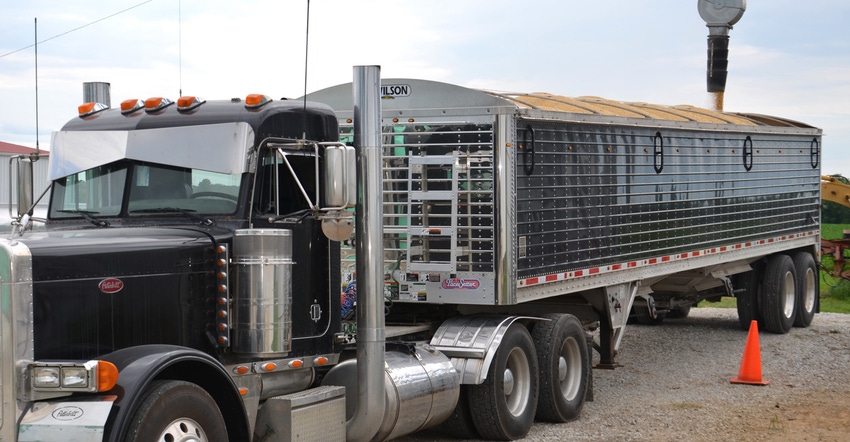February 11, 2021

Legislation to improve the way the Indiana Grain Buyers and Warehouse Licensing Agency, known as IGBWLA, audits licensed grain elevators to ensure they are in good financial health is moving in both houses of the Indiana General Assembly. That’s the good news, especially if you want a future where you can be even more certain your grain assets are protected.
House Bill 1483 passed out of committee in early February. Senate Bill 364, with amendments added, passed out of the committee one week later. Both bills will be considered by the respective chambers.
“The nuts and bolts of these two bills are very similar,” says Jeff Cummins, a legislative specialist with Indiana Farm Bureau Inc. Both would provide for performance reviews of agency audit practices and for additional training for auditors with the IGBWLA, housed within the Indiana State Department of Agriculture. Both would require an actuarial study of the grain indemnity fund.
Both bills would also require more frequent reporting by the agency, and the opportunity for closer cooperation between the agency and the Grain Indemnity Board, while still protecting confidentiality rules for businesses and elevators. Money would also be included to upgrade software for the agency.
Indiana Farm Bureau testified in favor of both bills. The grain indemnity fund is in excellent shape, Cummins notes. What these changes would do is increase the odds of catching a potential financial problem in a grain business quicker, and perhaps make more favorable outcomes likely.
Stark contrast
Where the two bills differ is on whether many farmers still holding the bag on the Salamonie Mills elevator failure in Huntington County, which precipitated this legislation, should be protected. Senate Bill 364 includes language that would move that failure date earlier so that more farmers would be eligible for payment from the grain indemnity fund, originally established to help farmers who acted in good faith but lost money through an elevator failure.
The law states that only farmers who sold grain and were not paid or who had grain on storage or deferred pricing within 15 months of the official failure date can collect. If the current failure date is left intact, several farmers will be unable to collect, with their total losses running into millions of dollars.
INFB supports the language of the Senate version, Cummins says. “There are numerous red flags in this case which indicate that the impending failure should have been caught sooner,” he says. “Some farmers knew there were problems as early as October 2019 but weren’t sure what they should do about it.”
While INFB supports the so-called ‘retroactive’ language of the Senate version, the Agribusiness Council of Indiana and the Indiana Soybean Alliance and Indiana Corn Growers Association testified against that portion of the bill.
“Some believe it is a philosophical question,” Cummins says. “They believe that the law is the law, and you shouldn’t make changes in retrospect. However, when you examine the details of this case and look at documents which tell the story of what happened, there are a lot of red flags.”
We’ve looked at many of those documents and have seen the same red flags. We will detail some of them in a future article. And while we would agree you must be careful when grandfathering or making changes retroactive, governing should also be about fairness. If you look at all the facts that led to this legislation, in our opinion, fairness demands that you allow farmers who acted responsibly to receive the protection the original authors of the grain indemnity statute intended.
You May Also Like




